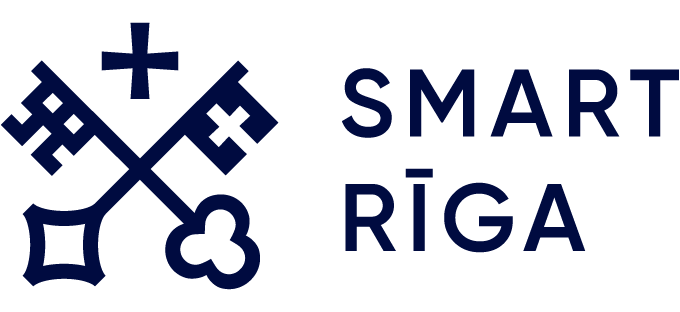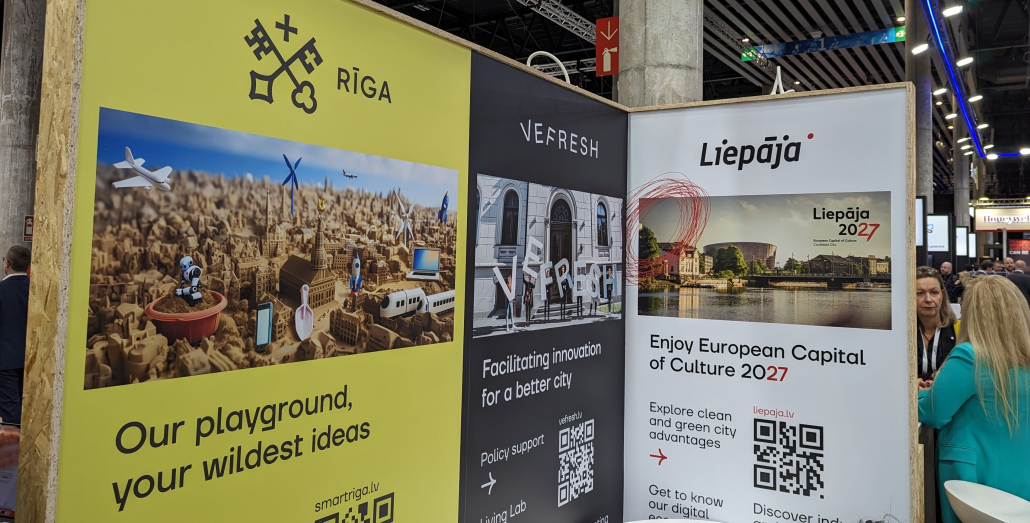The Baltic Sustainability Awards 2023 has announced the opening of applications and is calling for enterprises, policymakers, and thought leaders championing sustainability across the Baltic region to apply for the Award in six categories. The Awards aim to identify, amplify, and accelerate impactful, sustainable initiatives that could serve as blueprints for meaningful change. The event is regional, but its implications and models are distinctly global.
The six award categories encompass every facet of sustainability – from grassroots efforts to technological advancements and innovations. Now in its third year, the Awards Ceremony and Forum will take place on December 7th in the vibrant city of Riga, graciously supported by its founding partner, Rimi Baltic, along with esteemed partners Luminor, EY, and Riga City Council.
Organisations and individuals are invited to apply in the following categories:
- Climate Innovation – Initiatives that aim to address the climate crisis by developing innovative solutions that reduce greenhouse gas emissions, mitigate the effects of climate change, and promote climate resilience.
- Circular Economy – Projects that focus on resource efficiency, future food innovations and waste reduction by designing out waste and pollution, keeping products and materials in use, and regenerating natural.systems
- Energy Technologies – Solutions that accelerate the transition to clean energy by deploying technologies that reduce greenhouse gas emissions, increase energy efficiency, and promote renewable energy sources.
- Social Initiatives – Endeavours that aim to elevate society’s welfare by addressing social and environmental challenges, promoting social equity and inclusion, and empowering communities.
- Urban Development – Programmes that envision greener cities, spaces, and mobility by designing sustainable urban systems, promoting green infrastructure, and enhancing urban biodiversity.
- Sustainability Ambassador – Individuals that inspire others to be more sustainable through actions by promoting sustainable behaviours, advocating for sustainable policies, and leading by example.
The assessment of applications for an award will be conducted by multiple juries consisting of public experts and professionals in the relevant field. The juries will be led by EY Baltic, a leading business advisory firm and the strategic methodology partner for the awards.
“Innovation and collaboration are key to laying the foundation for a society that’s truly future-ready,” emphasizes Annija Emersone, head organizer of the Baltic Sustainability Awards. “The potential of innovation in improving sustainability practices, especially for organizations, cannot be overstated. The Baltic Sustainability Awards aim to identify, amplify, and accelerate impactful, sustainable initiatives that could serve as blueprints for meaningful change, and we expect this year’s applicants to range from community initiatives, to established leaders of industry to agile startups that embody sustainability. Through initiatives like the Baltic Sustainability Awards, organizations can showcase their commitment to sustainability and inspire others to follow suit.”
“For the third year in a row we are looking forward to bringing Estonian, Latvian and Lithuanian innovations and initiatives in sustainability to the big stage in Riga, discussing common challenges and ways to overcome them in the Baltic journey towards a better tomorrow,” says Zanda Šadre, Rimi Baltic Corporate Responsibility and Communications director.
The Awards strive to be a pan-Baltic celebration of the best sustainability innovation case studies. In 2022, more than 240 applications were received, and Baltic representation reached its full potential, with 32% of applications coming from Latvia, 29% from Estonia and 33% from Lithuania, and 6% from Baltic-level initiatives. Amongst last year’s finalists, we have sustainability frontrunners like Aerones Engineering, Tet, UP Catalyst, Oxylabs and other meaningful initiatives.
The Baltic Sustainability Awards is open for applications until October 8th at www.balticsustainabilityawards.eu
About Baltic Sustainability Awards
The Baltic Sustainability Awards is an annual event dedicated to recognizing and celebrating outstanding sustainable initiatives in the Baltic region. Now in its third year, the awards seek to inspire and promote sustainability across various sectors, from businesses to policymakers and thought leaders. The theme for this year’s Baltic Sustainability Awards is “It’s Time”, emphasising the urgency to accelerate innovative solutions and act decisively towards creating a sustainable future in the Baltics.
Baltic Sustainability Awards are hosted by Helve together with founding partner Rimi Baltic. The initiative is supported by strategic methodology partner EY Baltic, partners Luminor and Riga City Council. The Baltic Sustainability Awards ceremony will occur at the closing event live at Splendid Palace, Riga on December 7.
For more information, please visit www.balticsustainabilityawards.eu

